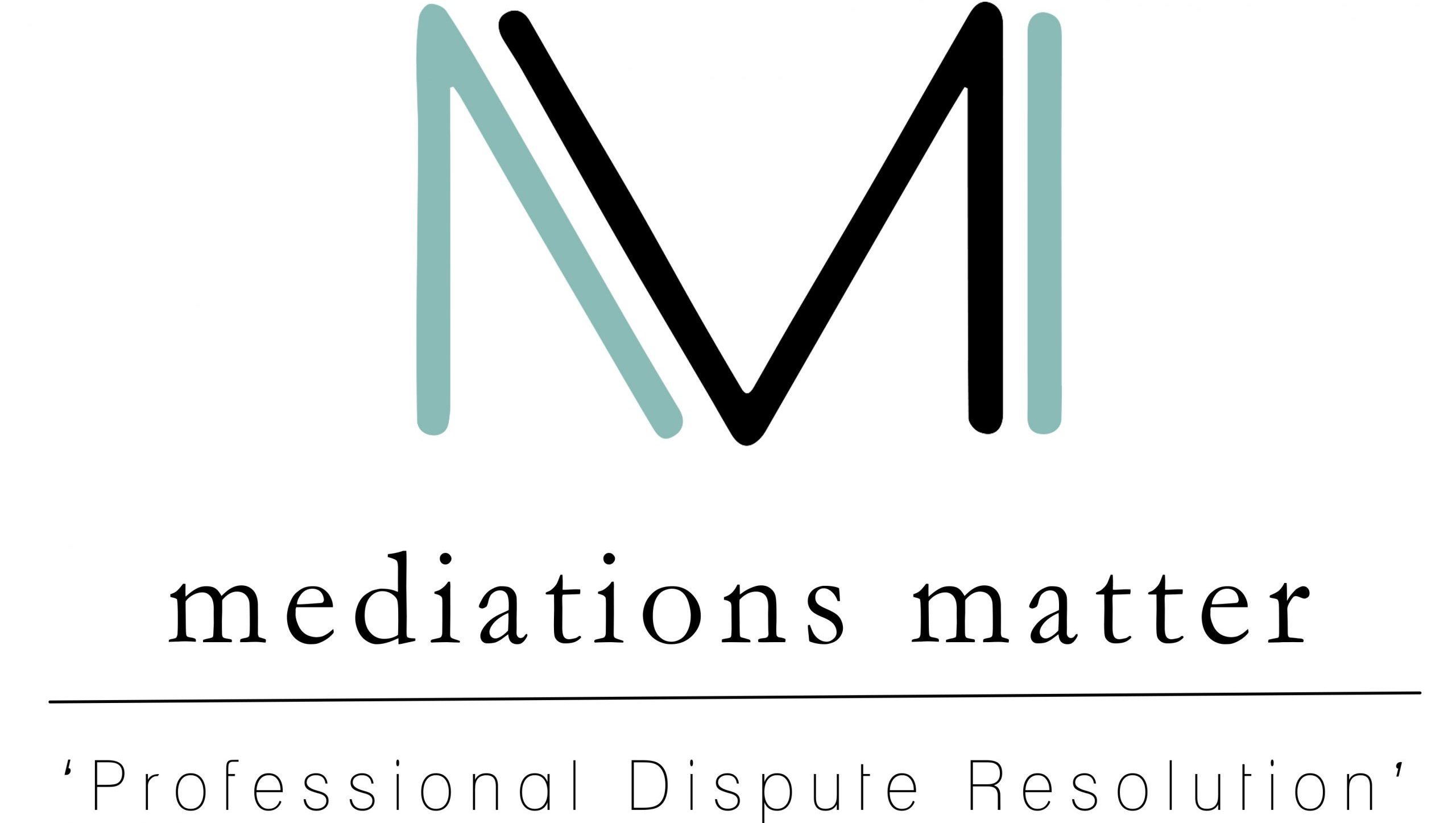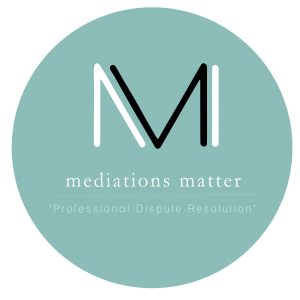What is the purpose of Rule 41(A) in South African law
Rule 41(A) in South African law is a mediation process that encourages litigants to refer their disputes to mediation before proceeding with litigation. The primary purpose of the Rule is to reduce the backlog of cases in the judicial system and to ensure that courts are not inundated with civil matters that could be resolved between the parties using mediation
The Rule creates a problem-solving environment where a skilful and experienced mediator can help attorneys and parties to reach a mutually acceptable consensus between them
Mediation is a voluntary, non-prescriptive, and non-binding process
The Rule requires parties to elect to participate in mediation or to oppose participation in mediation before summons or motions may be issued
What are the consequences of refusing to participate in mediation under Rule 41(A)
Refusing to participate in mediation under Rule 41(A) is not a criminal offence, but it may have consequences. The Rule defines mediation as a voluntary process, so a reluctant opponent cannot be compelled to mediate, however, failure to engage with the Rule 41(A) process may result in a punitive costs order for the unreasonable party. For example, where mediation is possible but a party fails to engage in discussions to an unreasonable degree, a court may consider this when making a costs award
In South African divorce law, mediation is mandatory, and whenever a divorce summons is issued, it must be accompanied by a mediation notice
What are the potential drawbacks of participating in mediation under Rule 41(A)
There are none
What are the potential cost savings of participating in mediation compared to litigation under Rule 41(A)
Participating in mediation under Rule 41(A) can potentially result in significant cost savings compared to litigation.
Mediation is a quicker, cheaper, and fairer alternative to litigation.
Mediation can be done remotely, which is an advantage in the present climate
Mediation also creates a problem-solving environment where a skilful and experienced mediator can help attorneys and/or parties to reach a mutually acceptable consensus between them
Mediation is a voluntary, non-prescriptive, and non-binding process, which means that parties have more control over the outcome and can avoid the uncertainty and expense of litigation

